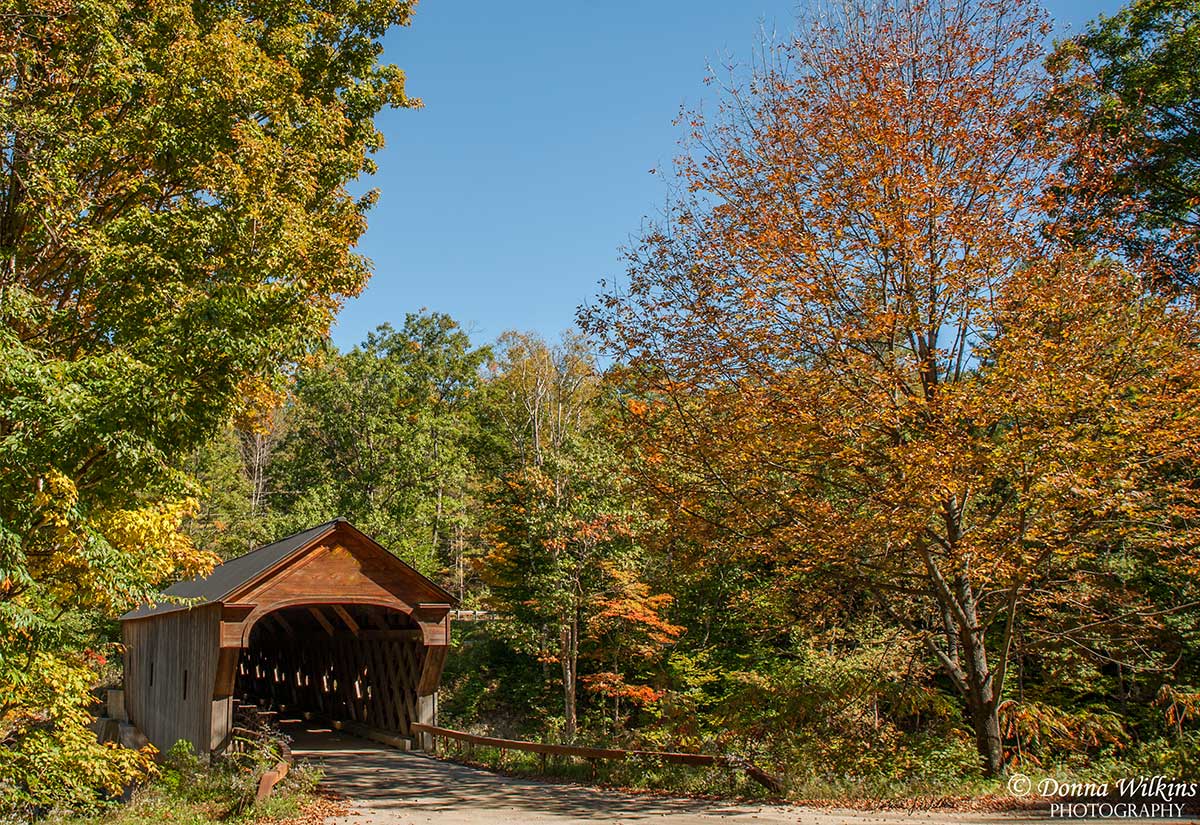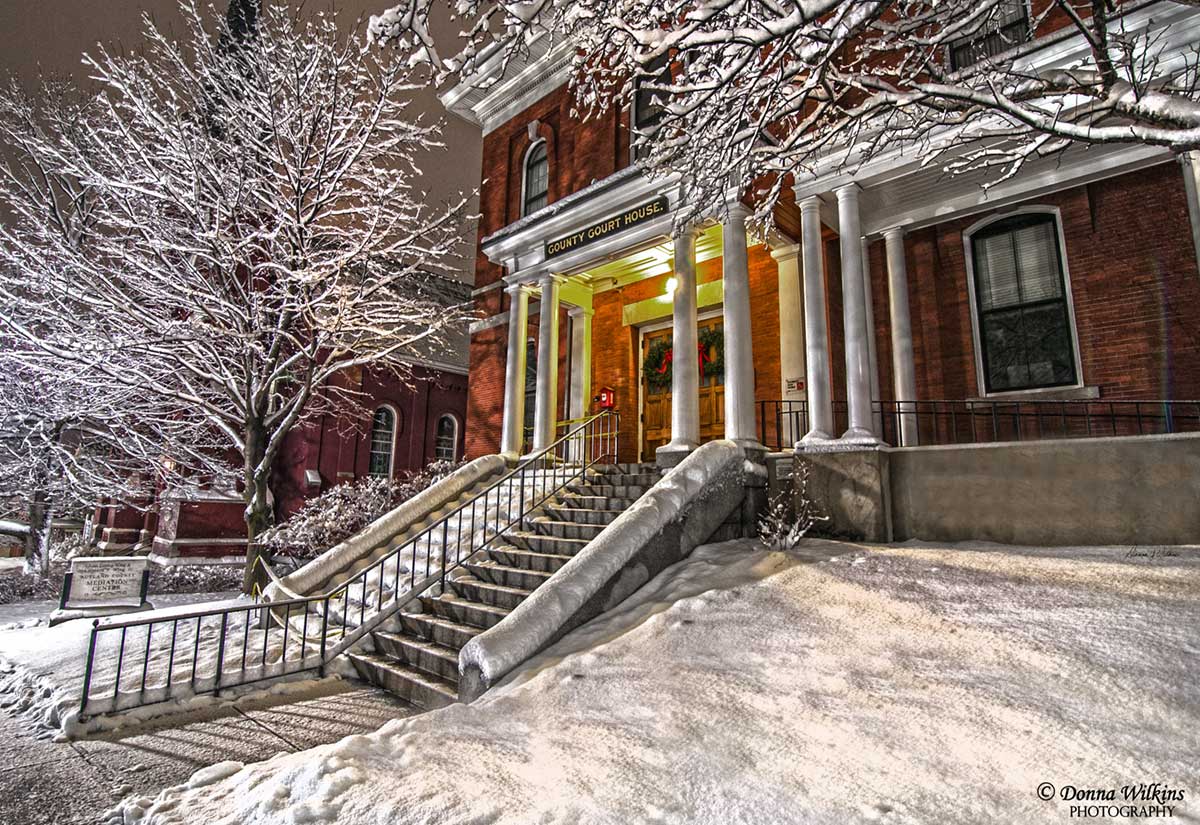Will and Probate Law
he end of life is a topic no one wants to spend much time thinking about. But putting plans into place now is crucial to streamlining the probate process after your death and easing the burden on your loved ones.
Without the necessary estate planning measures, your estate and assets will rest in the hands of the state, and you won’t have any control over who receives them. Allow our will and probate law attorneys in Rutland, Vermont, to protect your wishes for your assets through the use of wills, trusts, and other estate planning measures.
Let Us Help You Prepare for the Future
You have worked hard throughout your career to earn your wealth. If you are like many people, you probably intend to pass your assets and property to your spouse, children, and other beneficiaries after your death.
Without an estate plan, your asset distribution will be at the will of the state, and your wishes for your property might not come to fruition. Our experienced estate planning attorneys will help you draft a comprehensive plan that holds up in the eyes of the probate court. Your estate planning process might include any of the following documents.
Wills
Your last will and testament details how you want to distribute your assets after your death and who will care for any minor children. It can also name an estate executor who will be responsible for distributing your assets, paying any bills or debts, and closing the estate.
Many individuals believe a will is the only document they need in their estate plan. In reality, this is just a small piece of the puzzle. Our attorneys will help you create or update your will to meet your specific desires for your estate. We will also incorporate it into a larger estate plan that leaves no room for questions after your death.
Trusts
A trust is a document that provides even greater protection for your assets than a will. It lets you transfer assets privately to beneficiaries after your death, bypassing the probate court process. It also provides specific control over when and how your beneficiaries receive assets; for example, you can specify that it will transfer assets to your children once they turn a certain age rather than immediately after your death.
Allow our will and probate law attorneys to explain the features, benefits, and terms of different types of trusts to help you determine the right vehicles for your estate plan.
Guardianship/Power of Attorney
This may also be a good time to create guardianship and power of attorney (POA) documents. Guardianship is a process where the court appoints a person to oversee the physical and/or financial needs of a minor or person with a disability who cannot care for their own needs. A POA is a document that allows another person to make medical or financial decisions for you if you become incapacitated.
Estate Executors and Administrators
Your estate executor or administrator will be responsible for fulfilling the terms in your estate plan after your death. You might choose a spouse, adult child, or even one of our attorneys to fill this role for you. We will explain the executor responsibilities necessary in this role and help you create the legal documentation to appoint an executor.
What Is the Probate Process in Vermont?
After your death, your family would need to go through the probate court process to file the will, inventory and distribute your assets, and settle any debts or bills. One of your family members would need to take your will to the Probate Division of Superior Court in the county where you lived and fill out a Petition to Open Decedent’s Estate form.
The court would then assign an executor. If you named an executor in your will, they would appoint that person; otherwise, they would name a close family member who is fit to perform this role.
The executor would locate and gather your assets, pay your debts, and distribute your property according to your will. The probate court would oversee this process, which usually takes between six months and one year.
Having the right estate planning documents in place may allow your family members to bypass this process and receive your assets much sooner.
When Is the Right Time To Start Creating an Estate Plan?
The sooner you begin creating an estate plan, the sooner you can gain peace of mind that your estate will be ready to go once you pass away. We often recommend creating a will when you get married or start a family and updating your estate plan throughout your life.
Let Us Help You Through the Estate Planning Process
Our will and probate law attorneys at Cleary Shahi & Aicher, P.C., are ready to help you prepare for the future. Contact us today at 802-775-8800 for an estate planning consultation.


